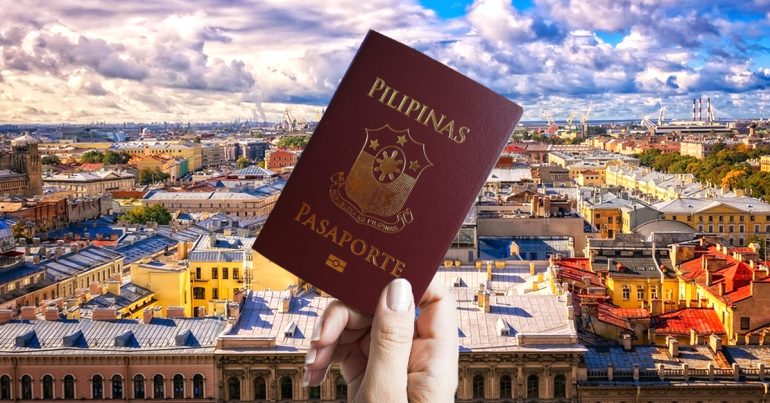Seeking medical treatment in Canada can be a life-changing decision for individuals facing complex health challenges. Understanding the process of obtaining a CANADA MEDICAL VISA is essential for those seeking access to Canada’s world-class healthcare system. In this comprehensive guide, we delve into the intricacies of obtaining a medical visa for Canada, providing valuable insights to facilitate your journey to better health.
What is a Canada Medical Visa?
A Canada medical visa, also known as a Temporary Resident Permit (TRP) for medical purposes, is designed for individuals seeking specialized medical treatment in Canada. This visa allows patients to enter the country for a specified period to receive medical care not available in their home country.
Eligibility Criteria
To qualify for a Canada medical visa, individuals must meet specific eligibility criteria established by Immigration, Refugees and Citizenship Canada (IRCC). Key requirements include:
- Letter of Medical Referral: Provide a comprehensive letter from a licensed medical professional detailing the diagnosis, recommended treatment plan, and confirmation that the treatment is unavailable or inaccessible in the individual’s home country.
- Proof of Financial Means: Demonstrate sufficient financial resources to cover medical expenses, transportation, accommodation, and other associated costs during the stay in Canada.
- Intent to Return: Provide evidence of intent to return to the home country after completing medical treatment, such as ties to family, employment, or property ownership.
Application Process
Navigating the application process for a Canada medical visa involves several steps:
- Medical Assessment: Obtain a thorough medical assessment from a qualified healthcare provider in your home country, including a diagnosis and recommended treatment plan.
- Gather Documentation: Compile all necessary documents, including medical records, referral letters, passport copies, and financial statements.
- Submit Application: Complete the visa application form online through the IRCC website or a designated Visa Application Center (VAC).
- Biometrics: Schedule and attend a biometric appointment at a designated VAC, if applicable.
- Processing Time: Monitor the processing time for visa applications, which can vary based on the volume of applications received and individual case complexities CANADA VISA FOR POLISH CITIZENS.
- Travel Arrangements: Make necessary travel arrangements, including flights, accommodation, and transportation to Canada.
Tips for a Successful Application
- Provide Comprehensive Medical Documentation: Ensure all medical documents are thorough, accurate, and clearly demonstrate the need for specialized treatment in Canada.
- Demonstrate Financial Stability: Provide evidence of sufficient financial resources to cover medical expenses and living costs during the stay in Canada.
- Communicate Intent to Return: Clearly articulate your intention to return to your home country after completing medical treatment to address any concerns regarding potential overstays.
- Seek Assistance if Needed: Consider seeking guidance from immigration consultants or legal professionals experienced in medical visa applications to navigate the process effectively.
Conclusion
In conclusion, obtaining a Canada medical visa offers hope and access to advanced medical treatment for individuals facing challenging health conditions. By understanding the eligibility criteria, navigating the application process diligently, and providing comprehensive documentation, patients can embark on their journey to Canada with confidence, knowing they are on the path to improved health and well-being.

